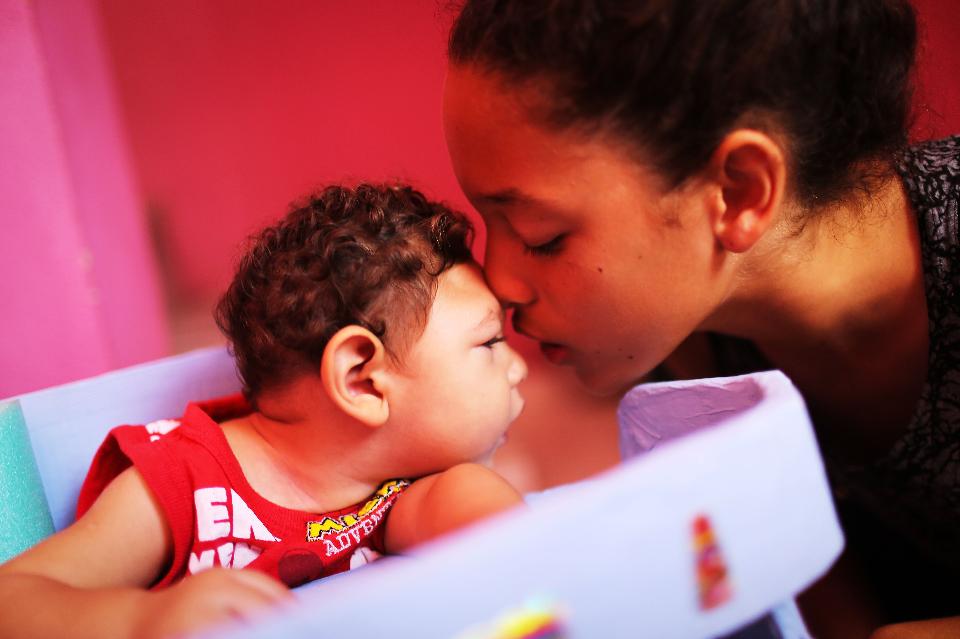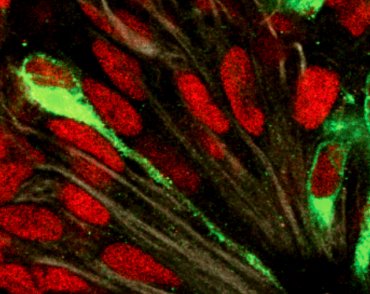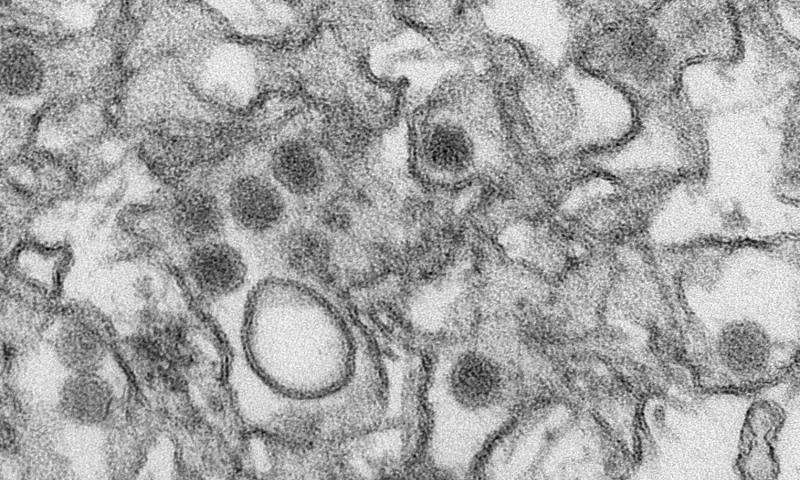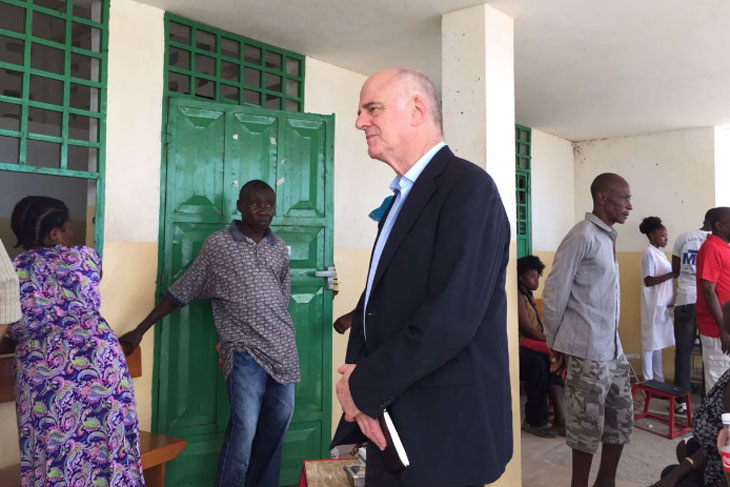You are here
Tue, 2013-10-01 13:34 — mdmcdonald
This group focuses on community physical and mental health. What factors are currently impacting our health and what issues may we face in the future?
This group focuses on community physical and mental health. What factors are currently impacting our health and what issues may we face in the future? How do we improve our health now and prepare ourselves for potential dangers?
Add Content to this group
Members
| Kathy Gilbeaux | mdmcdonald | MDMcDonald_me_com |
Email address for group
health-sfl@m.resiliencesystem.org





 Infection of developing human brain with the Zika virus (green) highlights susceptibility of radial glial cells during fetal development. Image by Elizabeth Di Lullo
Infection of developing human brain with the Zika virus (green) highlights susceptibility of radial glial cells during fetal development. Image by Elizabeth Di Lullo


 Mosquito vector Aedes aegypti mosquitoes. Credit: NIAID
Mosquito vector Aedes aegypti mosquitoes. Credit: NIAID

Recent Comments